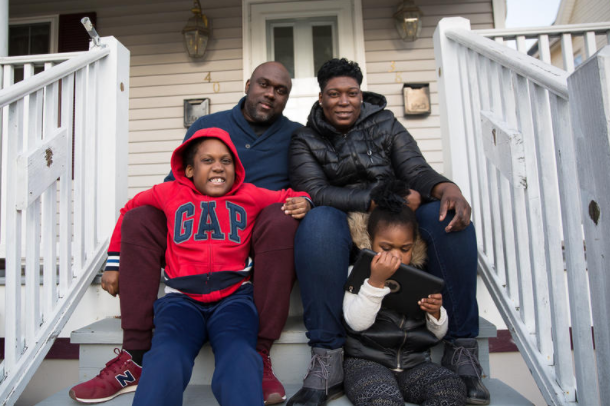Section 3
Autism Disparities
The prevalence of autism among 8-year-old children in the United States has risen over the past few decades to one in every 54 children (CDC, 2020). Researchers have discovered that Black and Latino children are less likely to be diagnosed with autism than European American children. We have also learned that Black and Latino children with autism are more likely to be misdiagnosed or go unidentified until school age or later. These findings are troubling because the early childhood years are critical for both identification and for initiating early intervention services. We know that families, educators, and service providers are all key stakeholders in navigating and facilitating access to and implementation of services for school-age children with autism.
Please watch this video to hear more from Dr. Pearson about disparities in autism diagnosis and access to services.
⬅️
Key notes from the video:
-
Autism is one of the fastest growing categories…
-
There are disparities in diagnoses
-
There are disparities between AA & White children
-
We’ve created this module to address these disparities
-
Things that have been effective:
-
Sharing knowledge in communities
-
Stop the stigma!
-
In a series entitled, Seeing Things Differently: Autism Spectrum Disorder, Drs. David Mandell and Katharine Zuckerman discuss the delays in diagnosis and the disparities that many minority families face.
Introducing the Wilson Family ➡️
Lisa Wilson is pictured in the top right with her family in Hartford, Connecticut. Both her children have been diagnosed with autism spectrum disorder.

Autism Disparities in Maine
Similar to other states across the country, Maine has experienced vast increases in the number of individuals who have been diagnosed with autism in recent years. As a result, there is also an increased need for services.
Pause & Think About It…
Educators & Professionals…
What have been your experiences supporting minority students/clients/patients with autism and their families in Maine? After hearing from the Wilson family, what, if anything, might you do differently to better support them in your classroom/clinic?
Parents & Caregivers…
What have been your experiences accessing services and supports? After hearing from the Wilson family, do you relate to their experiences? How so?

